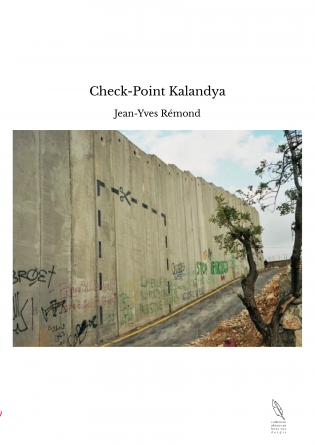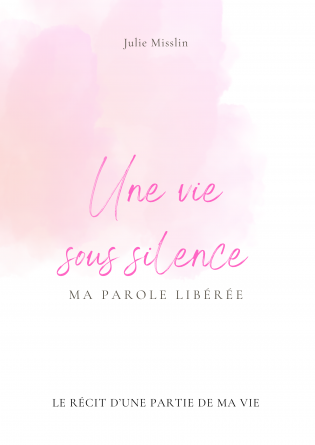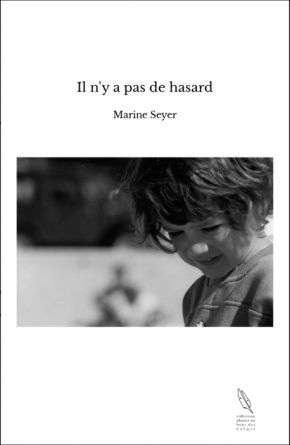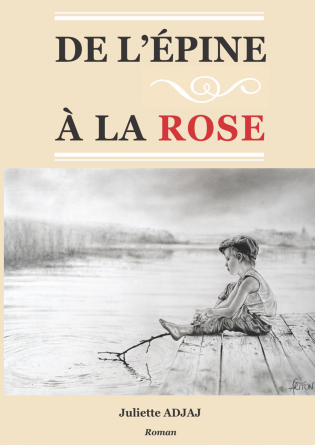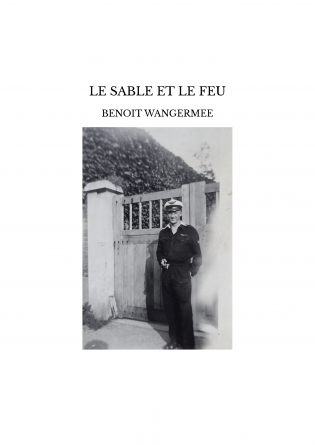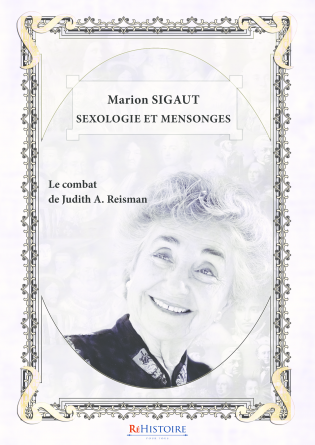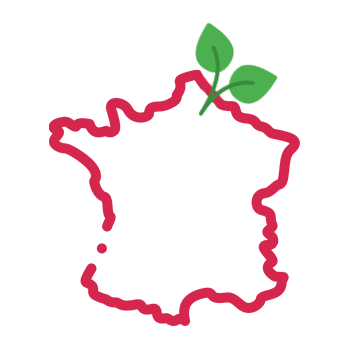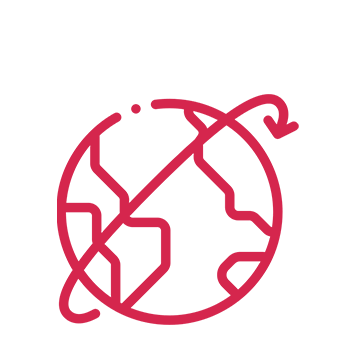Jean-Yves Rémond
Check-Point Kalandya
139895
Reliures : Dos carré collé
Formats : 14,8x21 cm
Pages : 164
Impression : Noir et blanc
N° ISBN : 9782955739600
En achetant ce produit, vous pouvez collecter jusqu'à 1 point de fidélité. Votre panier totalisera 1 point pouvant être transformé(s) en un bon de réduction de 0,20 €.
Autour de Jean-Yves Rémond
The languorous opening lines of this remarkable novel introduce the main character to Israel. This appears to be a land of milk and honey: tears of joy from friends, family, immigrants – all reunited near the sparkling waters inside Ben Gurion airport: the backdrop to what one suspects is going to be just one side of the middle eastern coin.
Almost 40 years old, Simon is still in search of himself; even the establishment of his identity card takes forever; there is confusion over his surname; he is only partly Jewish and reluctantly accepts a mission with the Palestinian Authority. Israeli soldiers see him for the outsider he is. But he knows he is not welcome in Palestine either. He chooses to reside not in Israel nor in Palestine but in the divided town of Jerusalem. Some degree of self-knowledge perhaps comes from the realisation that religion is not so much an institution as the meeting point between heaven and earth. But despite a brilliant career and his impeccable academic pedigree, Simon is a stranger trying to find himself in what is arguably a God-forsaken land.
Hamas is a permanent feature of the story. In an amazing battle scene there is a moment of grace when Simon remembers a childhood verse from Deuteronomy: « Vois, j’ai mis devant toi la vie et la mort, choisis la vie ». This touches the Israeli soldier who promptly asks for help.
This is a book about life, love, political, even theological aspirations. Read it, you will not be disappointed.
Allgo
The languorous opening lines of this remarkable novel introduce the main character to Israel. This appears to be a land of milk and honey: tears of joy from friends, family, immigrants – all reunited near the sparkling waters inside Ben Gurion airport: the backdrop to what one suspects is going to be just one side of the middle eastern coin.
Almost 40 years old, Simon is still in search of himself; even the establishment of his identity card takes forever; there is confusion over his surname; he is only partly Jewish and reluctantly accepts a mission with the Palestinian Authority. Israeli soldiers see him for the outsider he is. But he knows he is not welcome in Palestine either. He chooses to reside not in Israel nor in Palestine but in the divided town of Jerusalem. Some degree of self-knowledge perhaps comes from the realisation that religion is not so much an institution as the meeting point between heaven and earth. But despite a brilliant career and his impeccable academic pedigree, Simon is a stranger trying to find himself in what is arguably a God-forsaken land.
Hamas is a permanent feature of the story. In an amazing battle scene there is a moment of grace when Simon remembers a childhood verse from Deuteronomy: « Vois, j’ai mis devant toi la vie et la mort, choisis la vie ». This touches the Israeli soldier who promptly asks for help.
This is a book about life, love, political, even theological aspirations. Read it, you will not be disappointed.



